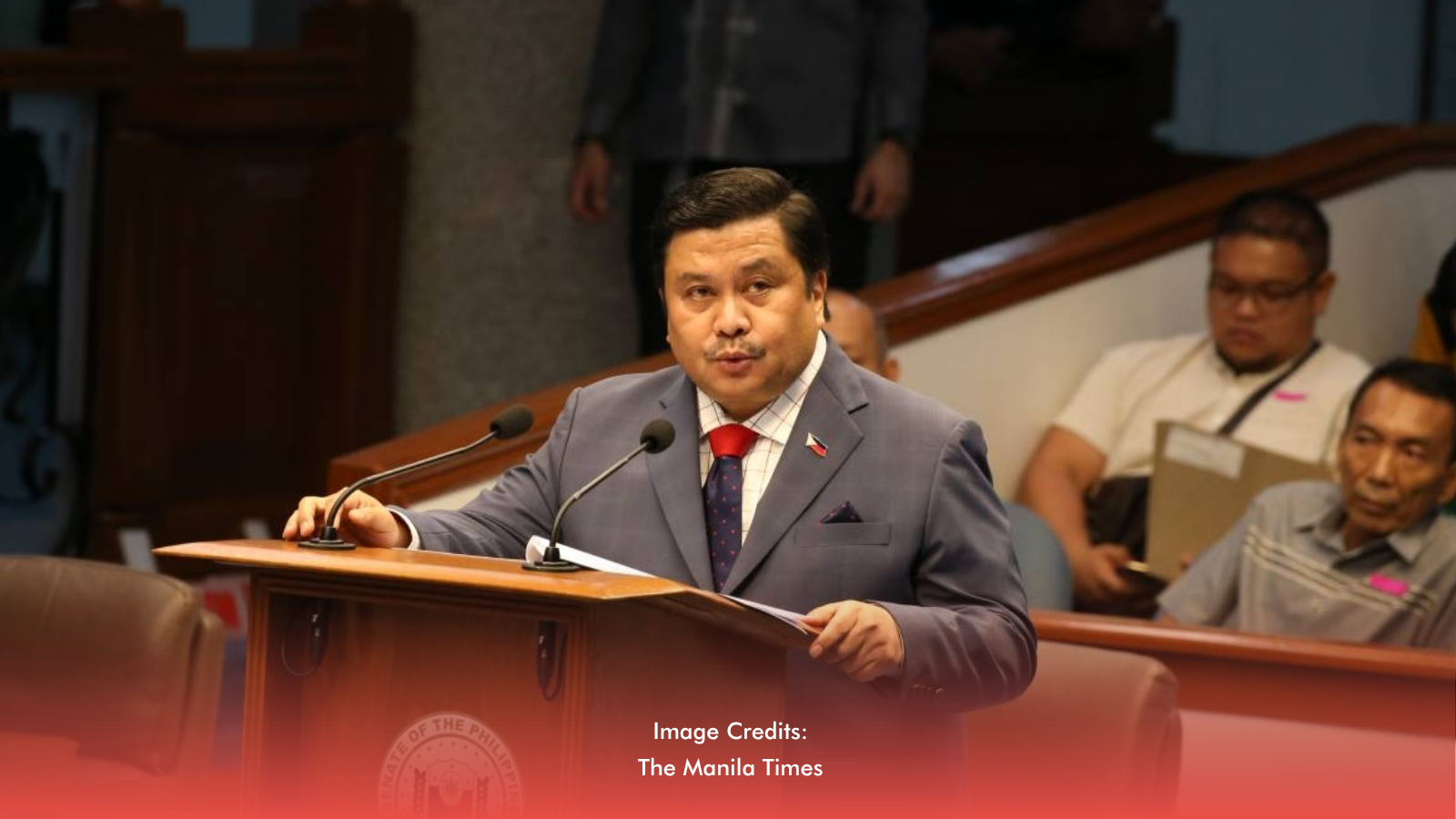Senate President Pro Tempore Jinggoy Ejercito Estrada has renewed his call to establish a Department of Disaster Resilience (DDR), aiming to strengthen the country’s capacity to prepare for, respond to, and recover from disasters. The proposal comes as the Philippines continues to face significant risks from typhoons, earthquakes, pandemics, and other climate-related threats.
RELATED: [Community Kitchens Mobilize To Feed Flood Victims In Metro Manila]
Focus On Readiness, Not Just Relief
Estrada filed Senate Bill 791, which seeks to create the DDR as the principal agency to unify and oversee disaster risk reduction and management (DRRM) efforts nationwide. The proposed department would also address gaps caused by fragmented responsibilities among existing agencies.
“Given how natural disasters can seriously affect our country’s economic progress, it’s important for the government to put in place long-term strategies and practical solutions to manage risks and help communities become less vulnerable,” Estrada said.
Under the bill, the DDR would take charge of conducting risk assessments, building evacuation centers, developing early warning systems, and coordinating with local governments, national agencies, and international partners. The goal is to move from reactive relief efforts to proactive disaster preparedness.
“Disaster resilience begins long before the typhoon hits or the ground shakes. It starts with smart planning, readiness, and rapid response capabilities,” Estrada noted.
The DDR’s mandate would cover natural and biological hazards alike, including typhoons, volcanic eruptions, earthquakes, and future health crises. Estrada stressed that a centralized agency would better protect lives and reduce economic disruption when disasters occur.
RELATED: [LIGTAS App Turns Baguio Citizens Into Safety Partners]
Supporting Measures For Faster Relief
Alongside the DDR, Estrada also pushed for the Disaster Food Bank and Stockpile Act under Senate Bill 2860. This measure seeks to set up local stockpiles of non-perishable food, water, medical supplies, and emergency equipment in every province and highly urbanized city.
Warehouses would be calamity-proof and jointly managed by the National Disaster Risk Reduction and Management Council (NDRRMC) and the Department of Social Welfare and Development (DSWD). The stockpiles aim to ensure quick delivery of aid, especially to remote areas often cut off by disasters.
“Our people deserve a government that is ready not just to respond, but to anticipate and act. With the creation of the Department of Disaster Resilience and the establishment of local food banks, we can ensure that no Filipino is left behind in times of need,” the senator emphasized.
If passed, these measures could reshape the country’s disaster management strategy, prioritizing preparedness and resilience over reactive relief.








